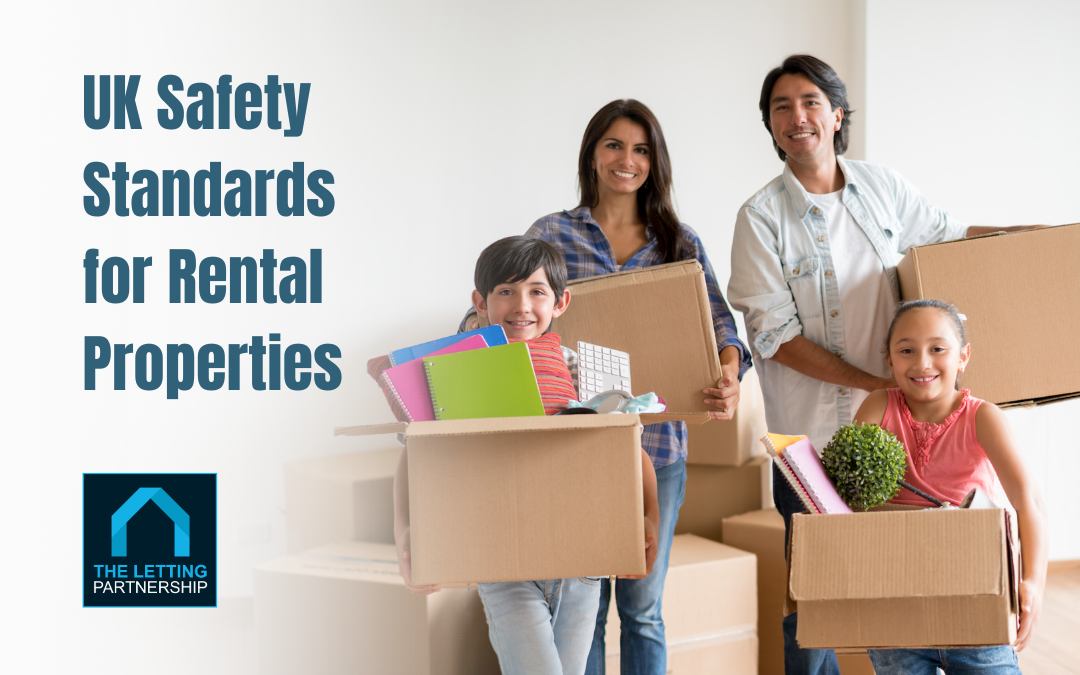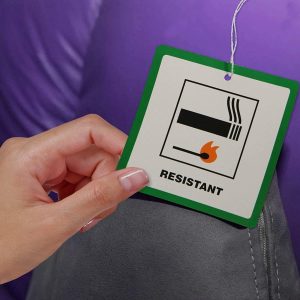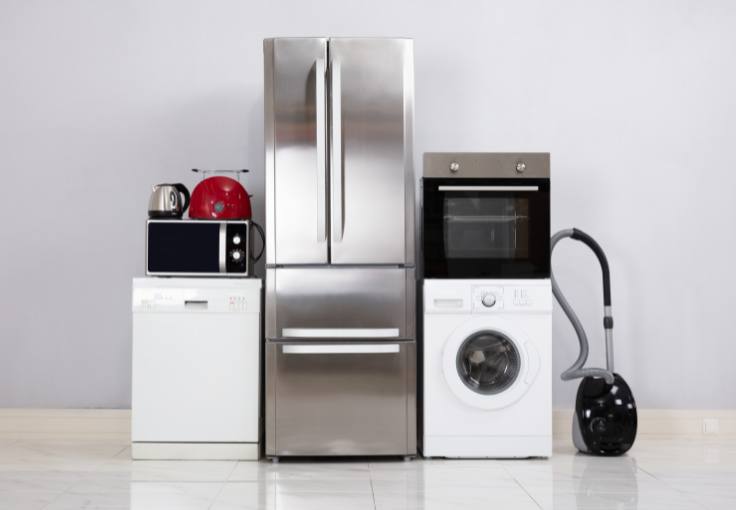As a professional letting agent, one of your top priorities will be ensuring that your landlords’ properties adhere to UK safety standards. But this is not just a tick-box exercise, it’s about ensuring that tenants are safe while renting.
There’s a lot to consider, so this article aims to guide you through the essentials and help you educate your landlords in the process.
The Importance of Property Safety Compliance
Compliance isn’t just about rules; it’s about providing a secure and comfortable living environment for tenants. When safety standards are met:
- Tenants are protected from harm and potential accidents
- It reduces the risk of legal disputes and fines
- Landlords and agents maintain a positive reputation
- Landlords, tenants, and agents all have peace of mind
- Property value and rental income can increase
Safety Compliance Basics
Here are the key areas you should focus on:
Fire Safety
The importance of adhering to fire safety regulations and guides cannot be overstated. Ultimately, the responsibility for tenants’ safety rests with you and your landlords. The first step is to ensure the property is correctly fitted with smoke detectors on each storey where there is a room used as living accommodation. Test the alarms on the day the tenancy begins, if it is a new tenancy, and at each subsequent property inspection – and keep a record. Tenants must also have clear escape routes in case of a fire, so assess all possible exits for potential hazards, and provide compliant, tested fire extinguishers in any communal areas.
Furniture and Furnishings
Any furniture left in a rental property is a potential fire hazard and must comply with the Furniture and Furnishings (Fire Safety) Regulations 1988. The padding and upholstery on some older furniture is extremely combustible. These days all furniture should be fire resistant, but don’t take it for granted.
Labels on the furniture will indicate compliance and if there is none then ask for it to be removed.
Click here to see some of the labels.
Gas Safety
If there are any gas appliances (e.g. gas hob/oven, gas fire, radiators, boiler) then a gas safety inspection must be conducted by a Gas Safe registered engineer before the tenancy starts and annually thereafter. These checks ensure that all gas appliances are safe to use, and reduce the risk of carbon monoxide leaks.
The tenant(s) must always be given a copy of the latest certificate, and all new tenants must be given a copy of the current certificate when they sign their tenancy agreement.
Carbon Monoxide (CO)
Carbon monoxide alarms must be equipped in any room used as living accommodation which contains a fixed combustion appliance e.g. gas or oil boilers, or log-burning stoves (excluding gas cookers). Test these alarms at the same time as the smoke alarms. (For more detail see our previous article on Smoke & Carbon Monoxide Alarm Regs
Complying with safety regulations is not just a tick-box exercise!
Electrical Safety
Regulations state that all electrical installations in rental properties must be inspected and tested by a qualified person to ensure that they are safe throughout the tenancy.
The first inspection should be carried out before the tenancy begins and each tenant given a copy of the Electrical Installation Condition Report (EICR). Thereafter, inspections and testing should be carried out at least every 5 years. If a report mandates inspections and testing more frequently then the intervals specified in that report should be followed.
A copy of the EICR has to be given to each tenant within 28 days of the inspection, and to their local authority if requested.
More info: Guide for Landlords: Electrical Safety Standards in the Private Rental Sector
Portable Appliance Testing (PAT)
Portable appliance testing is recommended for rental properties with electrical appliances, though not mandatory. Broadly speaking, it includes any electrical equipment that is plugged into a power source e.g. kettles, fridges, washing machines, TVs and lamps.
The kitchen, where cooking appliances and white goods are common, poses a significant fire risk due to electrical products. Hiring a licensed PAT specialist is advisable for larger properties like HMOs to manage multiple appliances and reduce risks.
You should also caution tenants against overloading sockets with extension leads and ensure there are sufficient sockets in each room to prevent hazards.
Security
Tenants will expect a secure home so address any potential security concerns with your landlords before a tenant moves in, like changing locks between tenancies, installing security lights, and checking window locks.
Agent Responsibilities
It’s essential you keep up to date with UK safety regulations to keep your landlords compliant. Read the latest industry news and stay informed about updates to existing regulations and new legislation so that you can advise landlords and protect your agency. The government has helpful information readily available online, and you could sign up for our monthly newsletter too.
During property inspections, watch for red flags like overloaded plug sockets, exposed wires and blocked exits. Educate tenants about potential risks and collaborate with landlords to address safety concerns proactively.
Legal Consequences
Failure to comply with safety regulations could ultimately result in a tenant or their visitors being seriously harmed – or worse! This is obviously the worst-case scenario, but it is a real risk.
For lesser offences, you are still putting your business at risk. For example¹, within the last three months a landlord trading as a property management company in Leicester, has been ordered to pay over £40,000 in fines and court costs for allowing his tenants to live in flats unfit for human habitation.
As it is ultimately the landlord’s responsibility to ensure the property is, and remains safe while occupied, regardless of any agency agreement, any claim from the tenant would be against them. However, be aware that the landlord then has the right to sue the agent based on their contractual agreement.
This article is intended as a guide only and does not constitute legal advice. If in doubt seek professional legal advice.
Would you like to receive our monthly Newsletter?
* * *



